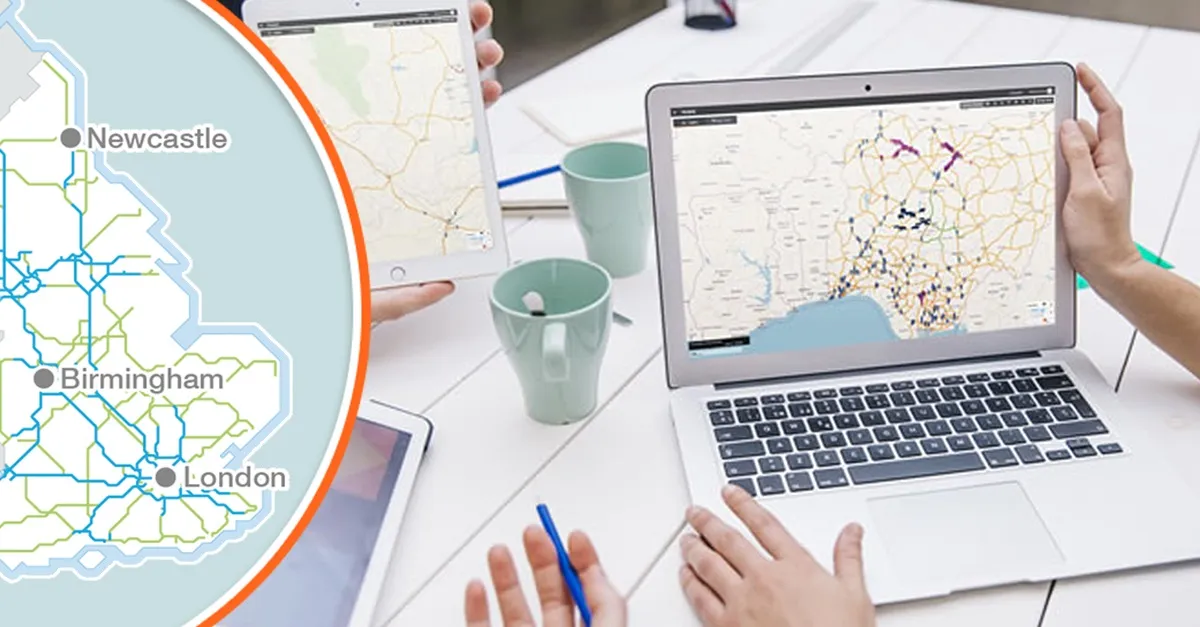As the path to acceptance of automated vehicles on the UK’s roads moves forward, so does TRL’s role in developing robust research tools to provide the necessary evidence as to the human response to automation and its general acceptance by the driving population.
Behind the scenes, TRL experts have been working on developing the software required to enable the transition of DigiCar to run as an automated vehicle as and when required.
As a result, TRL’s full mission driving simulator, DigiCar, has devel
November 18, 2014
Read time: 2 mins
As the path to acceptance of automated vehicles on the UK’s roads moves forward, so does 491 TRL’s role in developing robust research tools to provide the necessary evidence as to the human response to automation and its general acceptance by the driving population.
Behind the scenes, TRL experts have been working on developing the software required to enable the transition of DigiCar to run as an automated vehicle as and when required.
As a result, TRL’s full mission driving simulator, DigiCar, has developed into a partially or fully automated vehicle.
DigiCar provides the transport sector with a sophisticated research tool to understand driver behaviours and reactions to environments both within the vehicle itself and outside. Offering a totally safe driving experience, DigiCar provides a platform for repeatable testing, gathering accurate data for analysis and dissemination, enabling Governments, manufacturers and others to make informed decisions regarding the introduction of vehicle automation.
Dr Nick Reed, Principal Human Factors researcher at TRL and vehicle automation expert said: “We are delighted to have completed this development using a flexible web-based platform to enable partial or full automation of DigiCar. This opens the potential for a range of studies to investigate how automation of the driving task will affect driver behaviour and how transitions between vehicle automation modes are understood by drivers.
Behind the scenes, TRL experts have been working on developing the software required to enable the transition of DigiCar to run as an automated vehicle as and when required.
As a result, TRL’s full mission driving simulator, DigiCar, has developed into a partially or fully automated vehicle.
DigiCar provides the transport sector with a sophisticated research tool to understand driver behaviours and reactions to environments both within the vehicle itself and outside. Offering a totally safe driving experience, DigiCar provides a platform for repeatable testing, gathering accurate data for analysis and dissemination, enabling Governments, manufacturers and others to make informed decisions regarding the introduction of vehicle automation.
Dr Nick Reed, Principal Human Factors researcher at TRL and vehicle automation expert said: “We are delighted to have completed this development using a flexible web-based platform to enable partial or full automation of DigiCar. This opens the potential for a range of studies to investigate how automation of the driving task will affect driver behaviour and how transitions between vehicle automation modes are understood by drivers.







